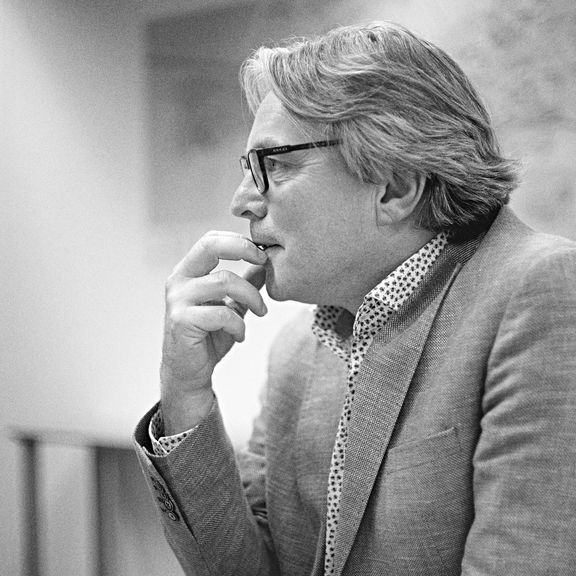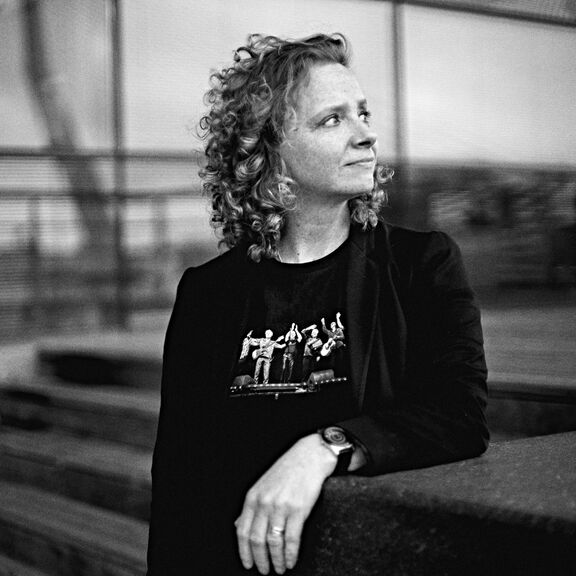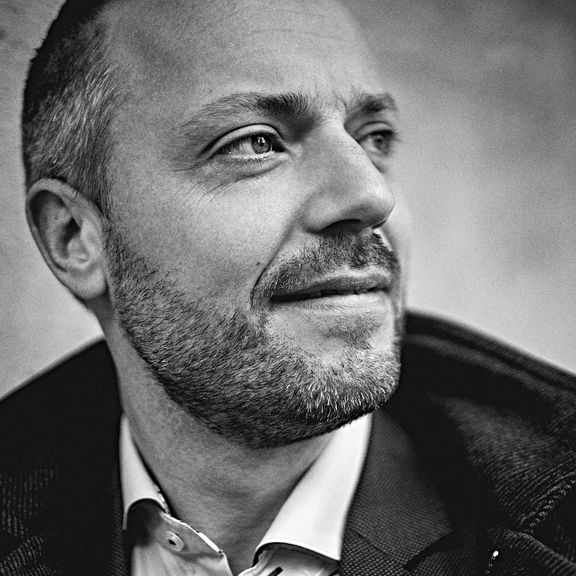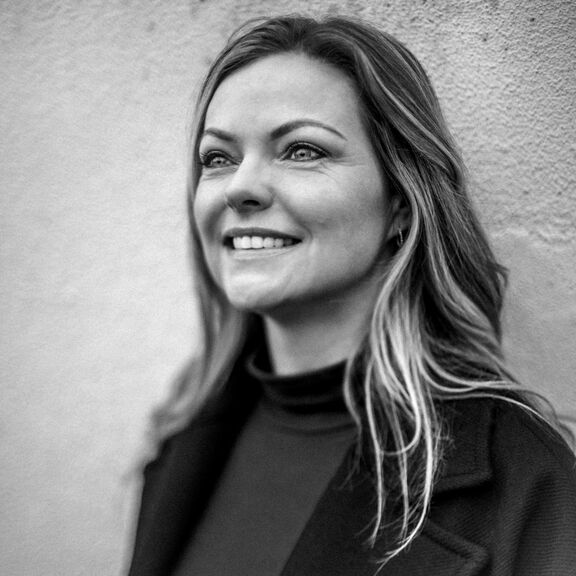Innovation without a magic sceptre
‘Innovation is a profession in its own right. It’s not something that just happens by magic in your organisation. Dropping the idea that things happen by chance gives innovations the best chance of success,’ is the experience of Hedi Visscher (48), director of PortXL.* ‘Start with an innovation strategy,’ is another piece of advice she has to give.
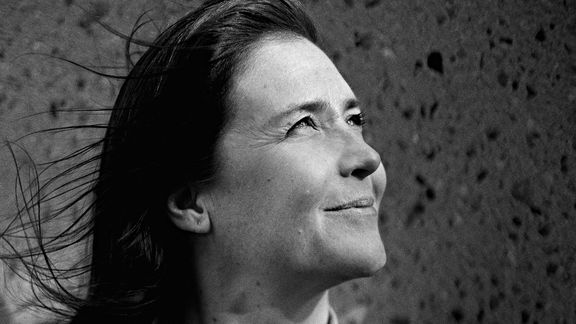
PortXL matches national and international start-ups and scale-ups with the innovation challenges of our partners,’ says Hedi. ‘The selection days are in June this year. The selected start-ups and scale-ups then work on the innovation challenges for three months. This programme starts in September. ‘What challenges are we working on? One challenging facing the port of Rotterdam is how to ensure that refuelling with alternative fuels and the charging of marine batteries are safe and sufficiently available in the future.
Success factors for innovation
Hedi recommends identifying the strategic pillars needed to anchor innovation in your organisation. Draw up a to-do list: ‘Make sure you formulate an innovation strategy that is based on the overall strategy: how does innovation contribute to achieving your strategic goals? Think about the areas where you want to innovate. Define the problem. Draw up hypotheses. Then test your assumptions and take a look at smart things happening outside your organisation. But above all: facilitate and encourage all your staff to innovate, not onlythe people in the innovation department. The crews on the ships, for example, or a procurement department, in addition to innovation managers. Give the colleagues involved an innovation budget as well. By doing all this, you demonstrate as an organisation the importance you attach to innovation. Not only that, these are the critical success factors for innovations.’
Innovation never goes wrong
Hedi believes that innovations can never really go wrong: ‘Every attempt to innovate is valuable. Simply because you learn from it. Of course, it is important to learn quickly so that a lot of money doesn’t get wasted. For example, a start-up may pitch an innovation at the wrong time. Or pitch the idea to the wrong company because this company has not been affected by the problem yet. And there may already be another solution to the problem on the market. That is why market research is crucial.’
A single roadmap
If she were to be in charge of innovation in the port of Rotterdam herself, what would Hedi do first? Hedi: ‘I would like to have a single roadmap for the energy transition in the port that everyone follows. A roadmap of this kind would include, for example, a description of who does what and who manages what, so that things go faster. But it would also cover the selection of fuels we want to use, the infrastructure and who is ultimately responsible for what. I believe that’s the best way to get things moving faster but I do realise that it’s a utopia.. But continuing to work well together is possible and, fortunately, that already happens.’
Apathetic Europe
‘It is a shame that Europe is a bit apathetic by comparison with the United Stated and Asia when it comes to innovation. Organisations there are investing more money in innovation,’ Hedi points out. ‘In Europe, for example, Israel is investing heavily in innovation. In our country, unfortunately, funding for start-ups and scale-ups is inadequate. I am concerned that, as a result, we will slip down the rankings and get left behind. We advertise ourselves as a knowledge-intensive country. Innovation stands for knowledge. As far as I’m concerned, investment in innovation is indispensable.’
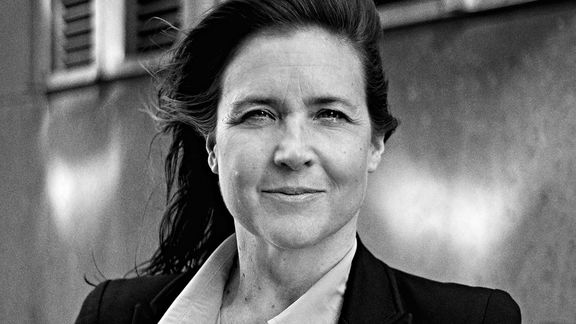
'We advertise ourselves as a knowledge-intensive country. Innovation stands for knowledge. As far as I’m concerned, investment in innovation is indispensable.'
Sustainability
‘How do I work on innovation myself? I believe that more sustainability means innovating. I already had solar panels but there will soon be more on our roof. We have two electric cars. For our children, petrol-driven cars are simply out of the question. I think that’s encouraging: young people are already so energy-aware. We will also be installing a heat pump soon. And I am eating less meat, we take the train to go on holiday and we use as little energy as possible.’
Convertible
Hedi takes a moment to think about the innovation that impresses her most and then she suddenly comes up with the answer: ‘Well, that would be my electric Fiat 500 convertible. Because I usually drive alone, and not for very long distances, I deliberately looked for a small car. Because the less mass you move, the less energy you consume. And that open roof does make it very enjoyable to make a positive contribution to a better environment.’
Forms of innovation
‘We often see the Tesla self-driving cars as an innovation, one of a disruptive kind. Or new services and products. But innovation can also involve making operations and processes safer, more efficient and more sustainable,’ explains Hedi. ‘In that case – incremental innovation – there is a good chance of having an impact quickly. Because the solution in place is suboptimal and, if you manage to optimise the solution by making something easier, cheaper or more sustainable, organisations are willing to pay.’
*Hedi Visscher is no longer serving as director of PortXL. Christel Pullens director (a.i.) currently holds this position.
MAKING WAVES
In this series, you'll hear from people who are committed to a smart and sustainable port of Rotterdam, and our planet as a whole. Let them inspire you and help make that a reality.
